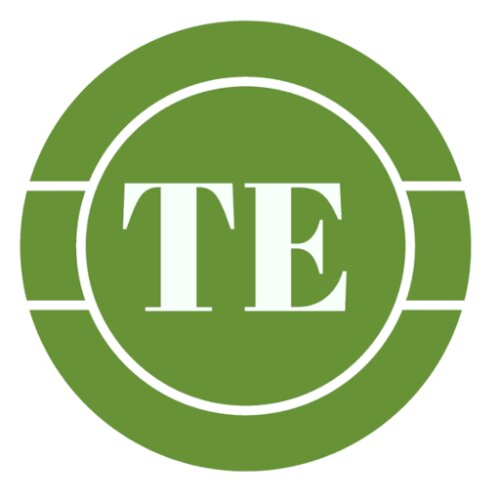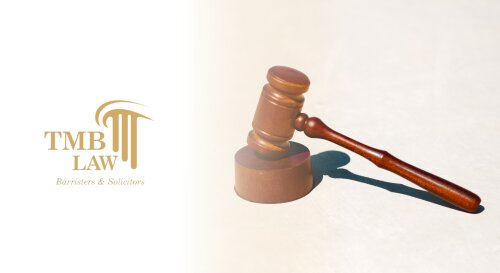Best Probate Lawyers in Oshawa
Share your needs with us, get contacted by law firms.
Free. Takes 2 min.
List of the best lawyers in Oshawa, Canada
About Probate Law in Oshawa, Canada
Probate law in Oshawa, Canada deals with the legal process of administering the estate of a deceased person, verifying the validity of their will, and ensuring that their assets are distributed according to their wishes or, in the absence of a will, according to the laws of intestacy. The probate process includes appointing an executor or administrator, settling any debts and taxes, and distributing the remaining assets to beneficiaries.
Why You May Need a Lawyer
There are several situations where you may need legal help in probate matters in Oshawa, Canada. Some common scenarios include:
- Uncertainty about the validity of a will or its interpretation.
- Disputes among beneficiaries or claims against the estate.
- Complex estates that involve multiple properties or business interests.
- Absence of a will, leading to intestate succession issues.
- Need for assistance in fulfilling executor duties, such as valuing assets, paying debts, and filing tax returns.
Local Laws Overview
Probate laws in Oshawa are governed by the Ontario Estates Act and the Ontario Rules of Civil Procedure. Key aspects include:
- Application for Certificate of Appointment: Executors must apply for a Certificate of Appointment of Estate Trustee with a Will (probate) or without a Will (administration).
- Notice Requirements: Executors must notify beneficiaries and other interested parties as part of the probate process.
- Estate Administration Tax: Ontario imposes an estate administration tax based on the value of the estate. Executors must file an Estate Information Return with the provincial government.
- Intestate Succession: If there is no will, Ontario's Succession Law Reform Act specifies how the estate will be distributed among surviving relatives.
- Dispute Resolution: The Ontario Superior Court of Justice handles probate disputes, including will challenges and claims against the estate.
Frequently Asked Questions
1. What is probate?
Probate is the legal process of validating a deceased person's will and administering their estate according to the will's terms or, if no will exists, according to the laws of intestate succession.
2. Do all estates have to go through probate?
Not all estates require probate. Smaller estates or those without real property may not need to go through the formal probate process.
3. How long does the probate process take?
The probate process can take several months to over a year, depending on the complexity of the estate and whether there are any disputes or complications.
4. Can a will be contested?
Yes, a will can be contested on grounds such as lack of testamentary capacity, undue influence, or improper execution.
5. What are the duties of an executor?
An executor is responsible for gathering and valuing assets, paying debts and taxes, distributing assets to beneficiaries, and handling any legal proceedings related to the estate.
6. What happens if there is no will?
If there is no will, the estate is distributed according to Ontario's intestate succession laws, which prioritize spouses, children, and other close relatives.
7. What is an estate administration tax?
The estate administration tax, formerly known as probate fees, is a tax imposed on the value of the estate when applying for probate. In Ontario, it is calculated as $15 per $1,000 for estates over $50,000.
8. Can debts of the deceased be settled before probate?
Generally, debts should not be settled until probate is granted to ensure that the executor has the legal authority to administer the estate.
9. What is a certificate of appointment of estate trustee?
This certificate, commonly referred to as probate, officially gives the executor the authority to manage and distribute the deceased's estate.
10. Where can I get legal forms for probate?
Legal forms for probate can be obtained from the Ontario Court Forms website, but it is advisable to consult a lawyer to ensure the forms are completed correctly.
Additional Resources
For those seeking more information on probate in Oshawa, the following resources can be helpful:
- Ontario Ministry of the Attorney General
- Durham Region Law Association
- Ontario Court of Justice
- Ontario Bar Association
Next Steps
If you need legal assistance with probate in Oshawa, consider the following steps:
- Consult with a probate lawyer to discuss your specific situation.
- Gather necessary documents such as the will, death certificate, and financial records.
- Prepare to apply for a Certificate of Appointment if you are an executor.
- Fulfill all duties associated with being an executor or administrator, including notifying beneficiaries and settling debts.
- Seek legal counsel if disputes or complex issues arise during the probate process.
Lawzana helps you find the best lawyers and law firms in Oshawa through a curated and pre-screened list of qualified legal professionals. Our platform offers rankings and detailed profiles of attorneys and law firms, allowing you to compare based on practice areas, including Probate, experience, and client feedback.
Each profile includes a description of the firm's areas of practice, client reviews, team members and partners, year of establishment, spoken languages, office locations, contact information, social media presence, and any published articles or resources. Most firms on our platform speak English and are experienced in both local and international legal matters.
Get a quote from top-rated law firms in Oshawa, Canada — quickly, securely, and without unnecessary hassle.
Disclaimer:
The information provided on this page is for general informational purposes only and does not constitute legal advice. While we strive to ensure the accuracy and relevance of the content, legal information may change over time, and interpretations of the law can vary. You should always consult with a qualified legal professional for advice specific to your situation.
We disclaim all liability for actions taken or not taken based on the content of this page. If you believe any information is incorrect or outdated, please contact us, and we will review and update it where appropriate.









